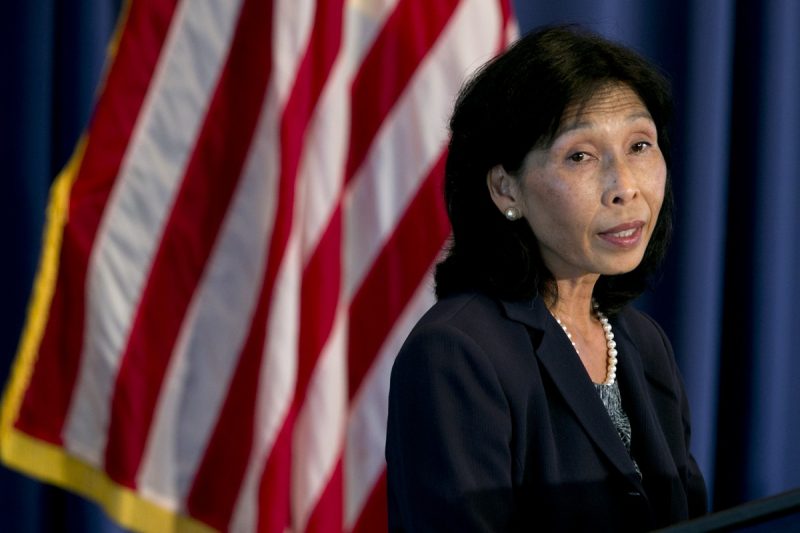In early March, a couple of major U.S. banks were on the verge of collapse. However, the federal government along with other prominent financial institutions stepped in and took decisive actions. Testifying during a hearing of the House Financial Services Committee recently, Nellie Liang, the U.S. Treasury Department’s Undersecretary for Domestic Finance asserted that the American economy relies on a “healthy and diverse” banking system.
Liang said that the Treasury continues to “closely monitor” developments across the banking and financial system. Parallelly, it is coordinating with federal and state regulators as well. Opining on the current state of affairs, she said,
“We think the system has stabilized. We have information and evidence that deposits have stabilized.”
Liang added that the regulators will need to address reforms going forward to cater to the concerns about moral hazard.
Also Read: Hong Kong Regulators to Assist Crypto Firms with Banking
The crypto tangent
The Treasury Department’s Undersecretary for Domestic Finance, however, doesn’t think that fingers should be pointed toward the crypto or the digital assets sector for the failure of the Silicon Valley Bank and Signature Bank. Specifically, she said,
“I don’t believe that crypto played a direct role in either of the failures.”
Also Read: Nasdaq to Launch Crypto Custody Services in Q2 2023
When cross-questioned if crypto and digital assets were an indirect factor, she indicated that Signature Bank was essentially active in the sector. However, she did not further elaborate on the same.
The financial institutions in distress were undoubtedly crypto-friendly. Nevertheless, regulators have time and again steered away from linking their actions with crypto. For instance, New York’s financial regulator recently said its decision to shut down Signature Bank had “nothing to do with crypto.” Contrarily, according to a spokesperson for the State Department of Financial Services, the agency’s decision stemmed from “a significant crisis of confidence in the bank’s leadership.”
Also Read: Silicon Valley Bank Officially Sold To First Citizens Bank





